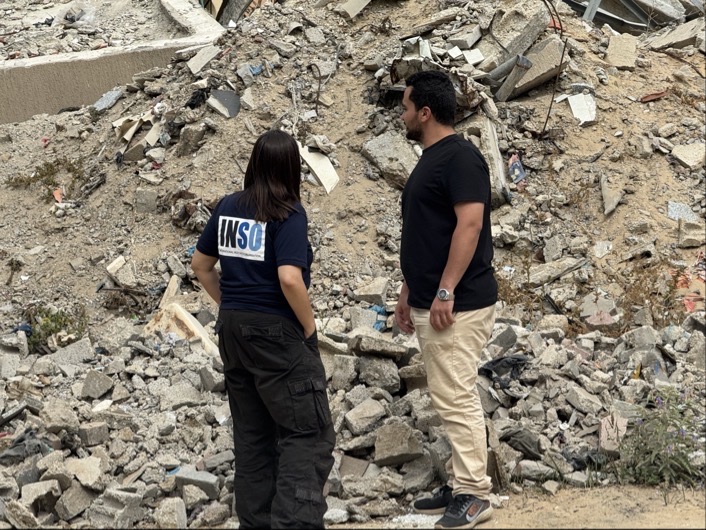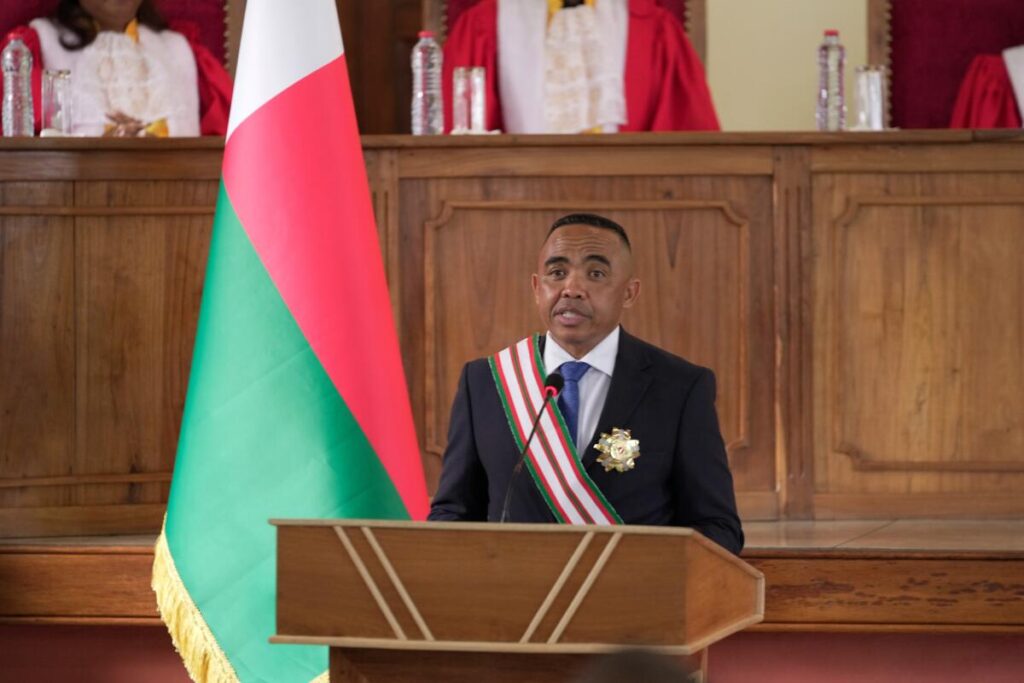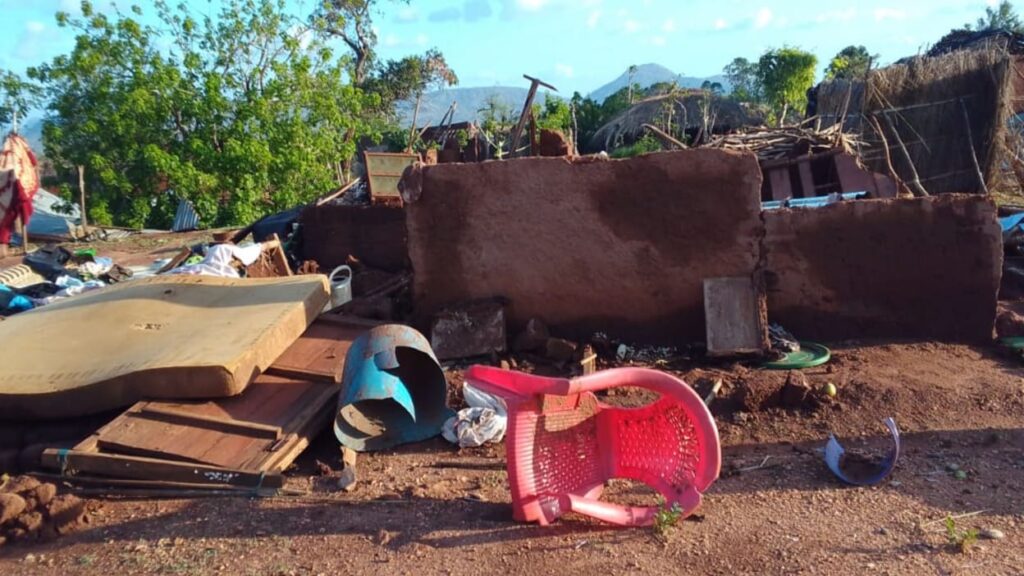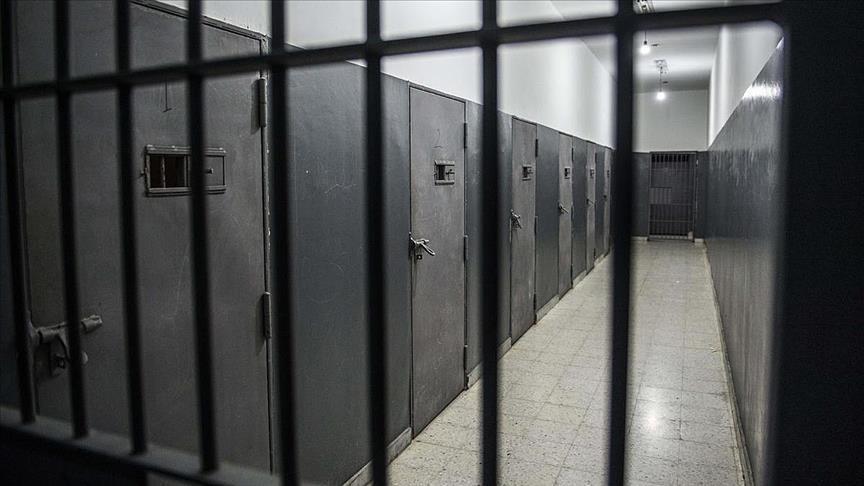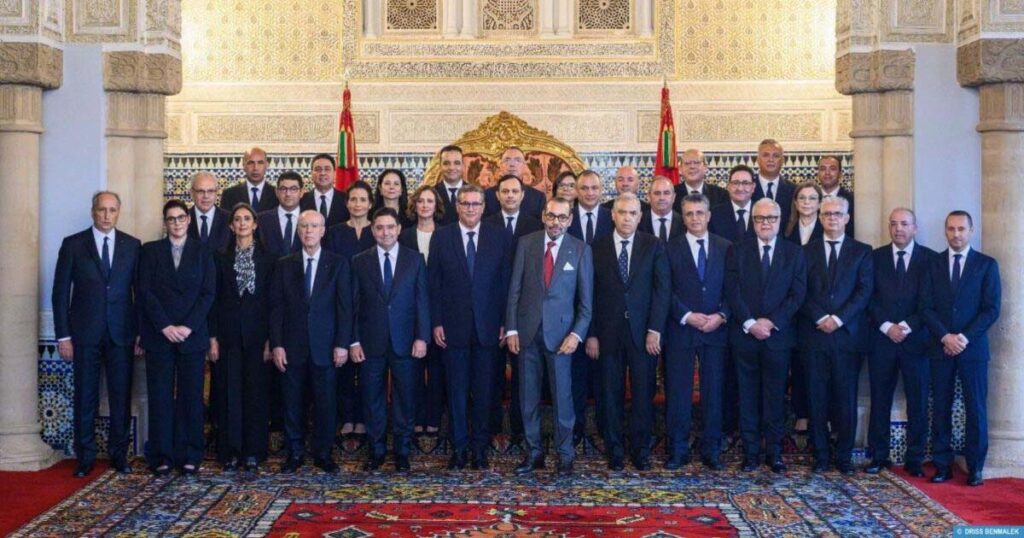
The Moroccan government has announced sweeping reforms to boost youth participation in politics and address social inequalities, following weeks of youth-led protests.
According to state news agency MAP, a draft 2026 finance bill will enhance public services, focusing on education and healthcare — two sectors at the heart of recent demonstrations.
Another proposed bill invites citizens under 35 to enter politics, easing eligibility rules and offering up to 75 percent coverage of campaign expenses.
Authorities also plan to strengthen political parties by increasing transparency and supporting women and young people to join or establish them.
The initiatives, part of a wider push to revitalise Morocco’s political life, aim to align governance with “the profound changes society is experiencing,” the royal cabinet said.
King Mohammed VI, in a July address, warned against “a Morocco moving at two speeds” and urged the government to adopt major social reforms by year’s end.
The recent protests erupted after the deaths of eight pregnant women in an Agadir hospital, galvanising the online movement “GenZ 212,” which now demands an end to corruption and the resignation of the government.
In response, officials pledged to prioritise social spending next year, allocating nearly $13 million to health and education and creating 27,000 new jobs in these sectors.
Plans include building new university hospitals — including in Western Sahara — renovating 90 existing ones, and expanding preschool education while improving teaching quality.
The monarch, addressing parliament on October 10, called on lawmakers to focus reforms on Morocco’s most disadvantaged rural and mountainous regions.
Prime Minister Aziz Akhannouch said spending on health and education had already risen 65 percent since 2021, helping reduce poverty from nearly 12 percent in 2014 to 6.8 percent in 2024.

